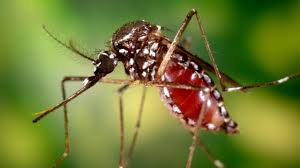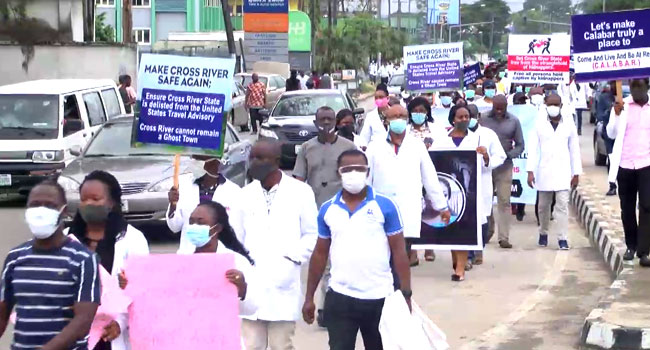When 65-year-old Hajara from Shiroro first noticed her grandson vomiting and running to the toilet every few minutes, she thought it was a minor stomach upset. But before she could even get help, two of her neighbours were also down with similar symptoms. Within hours, their quiet community was thrown into panic. What they were dealing with wasn’t just a bad batch of food—it was cholera.
As of Wednesday, at least 12 lives have been lost, and over 230 people hospitalised in Niger State due to a fast-spreading cholera outbreak. The disease, known for causing severe diarrhoea and dehydration, has already hit six Local Government Areas (LGAs): Shiroro, Minna, Bosso, Magama, Bisa, and Munya.
“We are overwhelmed,” said a nurse at one of the primary healthcare centres in Minna. “People keep coming in with symptoms—many are children. Some arrive already unconscious.”
Cholera, often described as a “disease of poor sanitation”, spreads through contaminated water and food. It thrives in communities where clean water is scarce and sewage systems are faulty or nonexistent. Sadly, many rural areas in Niger State tick all those boxes.
To tackle the outbreak, the state government has set up an isolation centre at the old wing of the Senator Idris Kuta Primary Healthcare Centre in Minna. “We are not sleeping,” said Dr Ibrahim Dangana, the Commissioner for Primary Healthcare. “Our emergency response teams are already on the ground. We’ve opened treatment centres in the affected LGAs and have launched awareness campaigns.”
According to Dr Dangana, these campaigns are targeting communities through religious leaders, traditional rulers, and local associations. “We’re working with CAN, Islamic groups, and all eight emirates in the state to spread the message on hygiene and early symptoms,” he said.
But while the government is doing its bit, locals are still struggling with fear and suspicion. “Some people think it’s a spiritual attack,” a health official in Magama said. “That’s why sensitisation is very important—we need to tell people this is preventable.”
Dr Ibrahim Idris, the Director of Public Health in the Ministry of Tertiary Healthcare, pinpointed Chanchaga, Minna, Bosso, and Shiroro as the hardest-hit areas. “We are deploying more supplies and staff to these LGAs,” he said, noting that many of the patients had recovered and were discharged, but some arrived at the clinics too late.
For now, the message is clear: wash hands often, avoid drinking untreated water, and report early symptoms immediately. In a country where cholera tends to make seasonal comebacks—especially during the rainy months—Niger State’s response will need to be swift, sustained, and supported by both government and community.
Even as donor agencies lend a helping hand and the state rallies its health workers, residents like Hajara are praying they never have to see another child carried into the clinic, lifeless and limp.
“God forbid bad thing,” she muttered, holding her grandson’s hand tightly. “This sickness is not small.”
What You Should Know About Cholera
-
Symptoms: Watery diarrhoea, vomiting, dehydration, weakness
-
Spread: Contaminated water and food
-
Prevention: Boil water, wash hands often, cook food well, clean environment
-
What to Do: Seek medical help at the first sign. Don’t try to treat at home.





